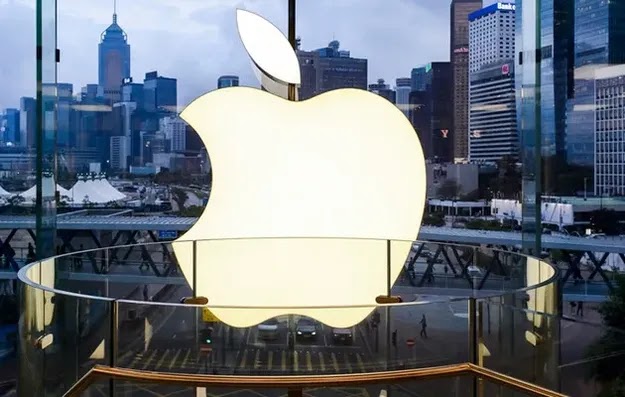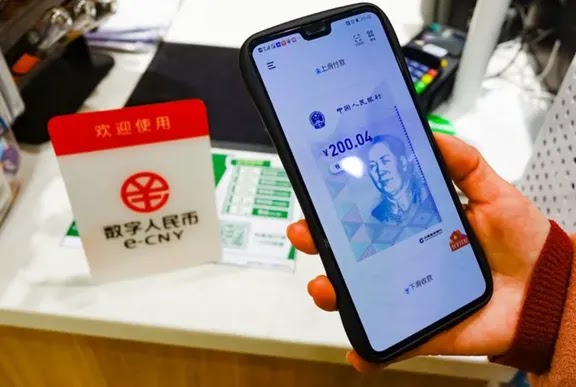New Data Proves That Apple Should Get Rid Of The iPhone Mini
The iPhone 13 series dominates the Chinese smartphone market, but even in this market, the iPhone 13 Mini model does not attract too many users.
The latest data from Counterpoint shows that the iPhone 13 is the best-selling model in China in 2021, above the iPhone 13 Pro Max. All in all, proportionally from these figures, more than 1 in 2 iPhones sold in China last year was the iPhone 13.
iPhone 13 Pro ranks 3rd in the ranking with 21%, while iPhone 13 mini is the least attractive, accounting for only 5% of total iPhone sales.
Counterpoint explained: “ Initial sales of the iPhone 13 series in China far exceeded sales of its predecessors. With the release of the iPhone 13, Apple took the top spot in terms of sales in China and maintained the number one spot, not counting the brief period during Singles' Day. This success was also followed by positive sales of the iPhone 12 series, which contributed to an increase in Apple's overall sales .”
In addition to confirming the iPhone 13 is a very successful product, these numbers also show that Apple is on the right track when it comes to killing the iPhone mini, if the rumors are true.
The upcoming generation of iPhone 14 is said to no longer have a 5.4-inch version. In return, Apple will introduce a larger iPhone 14 with a 6.7-inch screen. The lineup will still include four different models, like the current generation, but will only include 6.1-inch and 6.7-inch devices.
The iPhone mini will almost certainly be "retired," and the smallest iPhone Apple will sell will be the iPhone SE, which is expected to be refreshed at some point this spring. Meanwhile, the iPhone 14 launch event, if nothing changes, will take place in September.
The latest data from Counterpoint shows that the iPhone 13 is the best-selling model in China in 2021, above the iPhone 13 Pro Max. All in all, proportionally from these figures, more than 1 in 2 iPhones sold in China last year was the iPhone 13.
iPhone 13 Pro ranks 3rd in the ranking with 21%, while iPhone 13 mini is the least attractive, accounting for only 5% of total iPhone sales.
Counterpoint explained: “ Initial sales of the iPhone 13 series in China far exceeded sales of its predecessors. With the release of the iPhone 13, Apple took the top spot in terms of sales in China and maintained the number one spot, not counting the brief period during Singles' Day. This success was also followed by positive sales of the iPhone 12 series, which contributed to an increase in Apple's overall sales .”
In addition to confirming the iPhone 13 is a very successful product, these numbers also show that Apple is on the right track when it comes to killing the iPhone mini, if the rumors are true.
The upcoming generation of iPhone 14 is said to no longer have a 5.4-inch version. In return, Apple will introduce a larger iPhone 14 with a 6.7-inch screen. The lineup will still include four different models, like the current generation, but will only include 6.1-inch and 6.7-inch devices.
The iPhone mini will almost certainly be "retired," and the smallest iPhone Apple will sell will be the iPhone SE, which is expected to be refreshed at some point this spring. Meanwhile, the iPhone 14 launch event, if nothing changes, will take place in September.













